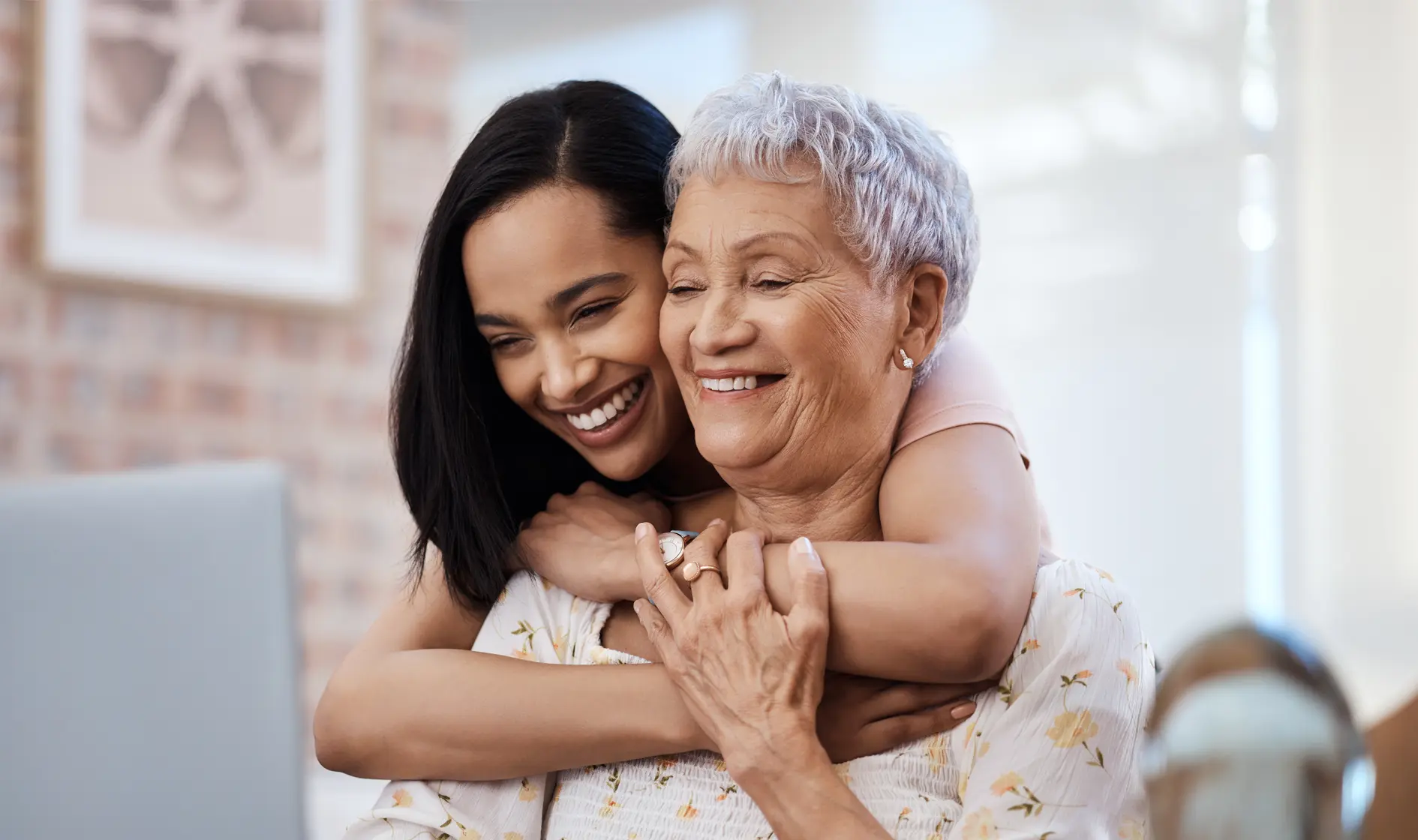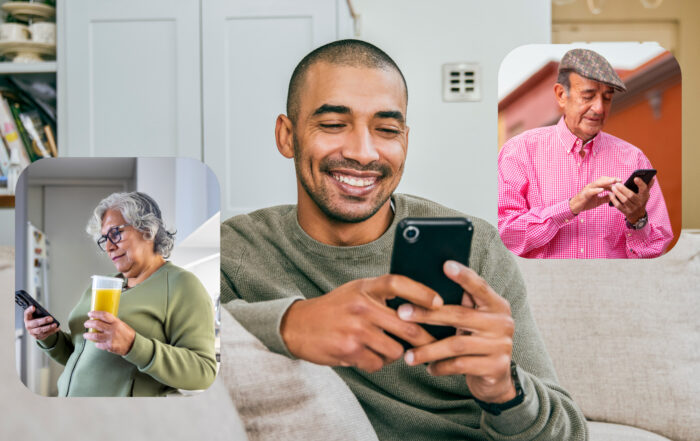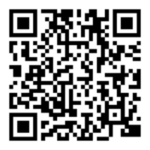In the early weeks of pandemic, I received a call from my sister outside of Acapulco. She’s younger and still lives at home with our mom, who’s almost 50 and suffers from diabetes. Our mom had had a seizure and was in the hospital. My heart dropped. I wanted to race to her side, but travel was shut down. Here’s a woman who had given everything to me, now laying in a hospital bed and there’s me, stuck in my apartment thousands of miles away and unable to hold her hand.
Then I started to worry: Hospital stays meant medical bills and, likely, a few new medications to add to the monthly budget. Usually I do alright financially (I’ve always been thrifty), but at the time I had been laid off with lockdowns and was relying on savings and unemployment. The stress and the loneliness of quarantine weighed on me more each day.
Luckily, mom made a quick recovery and was able to go home (I felt like my prayers were answered). But with lockdowns still in effect, Acapulco was like a ghost town. For my sister, even getting to the supermarket was difficult. Pangea was a lifeline for us. Being able to put money directly onto a debit card rather than picking up cash in person was crucial. And the transfers went through in minutes, so if our mom had another emergency, we’d be able to cover it.
I’ve been in the U.S. for 12 years and have always sent money home regularly. Before this emergency, I never really thought much about what app I used or if my family had to go pick up cash in person a few days later. But now I know that it matters … a lot. In a stressful situation, the last thing you want to do is worry the money won’t make it in time or your family won’t be able to go get it. Choosing an app you can trust over the corner store with the long line? That’s an exchange I’d make any day — even when it’s not an emergency.
This story is based on real user experiences, but not a particular user’s life story.




